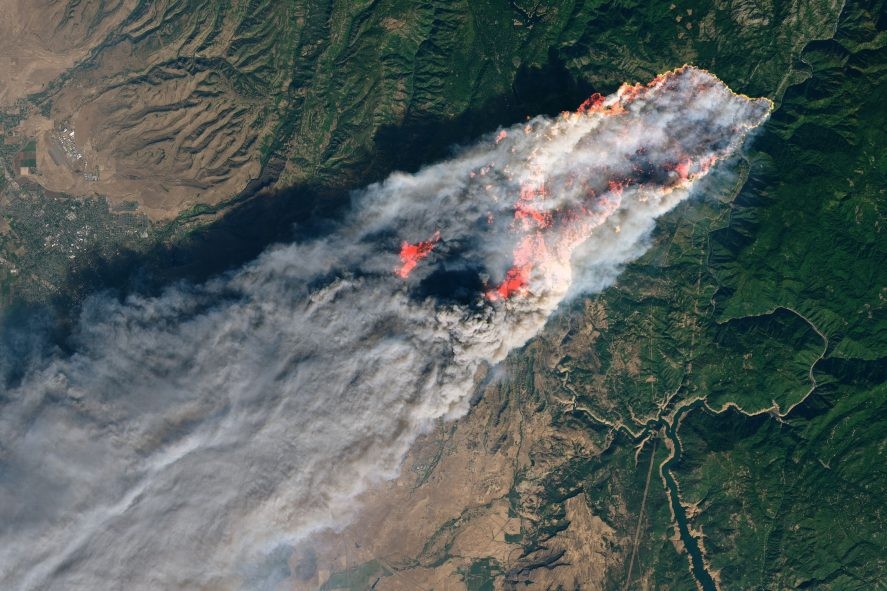November 09, 2018
Park Williams, a bioclimatologist and Center for Climate and Life Fellow, has found that rising temperatures influence wildfires in the American West.

Park Williams, a bioclimatologist and Center for Climate and Life Fellow, has found that rising temperatures influence wildfires in the American West.
